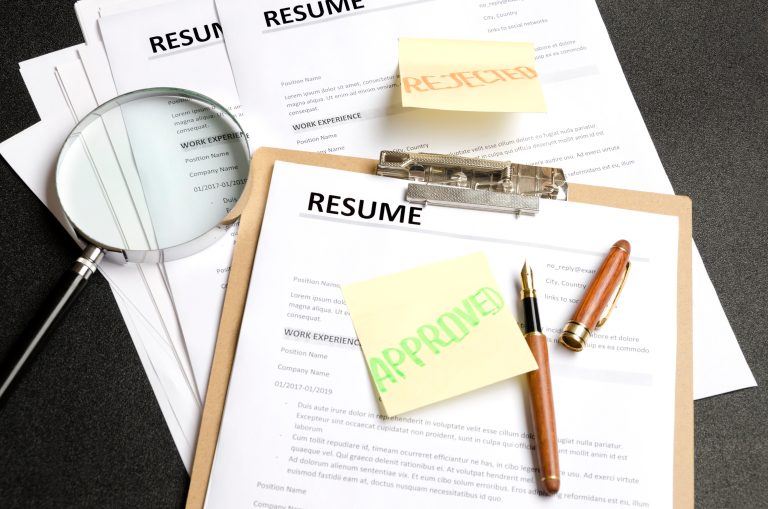Specialist background screening firm Sterling has raised concerns about the growing use of artificial intelligence (AI) by job applicants, warning that the increasing sophistication of these tools is exposing businesses to significant risks. According to the company, the rise of AI-generated CVs, as well as the use of deepfake technology and synthetic identities, is creating a new wave of challenges for employers.
As AI technology becomes more advanced, job seekers are reportedly using it not only to enhance their CVs and applications but also to create fabricated personas and manipulate documents. Sterling’s experts caution that this trend is particularly concerning due to the potential for fraud, legal, and compliance issues for businesses who may unknowingly hire unqualified or even non-existent candidates.
Steve Smith, President International at Sterling, has warned employers that they need to be alert to this growing threat. “The innovation we’ve seen in artificial intelligence recently is truly astounding, and while the benefits of these tools are immense, there will always be individuals who misuse them for unscrupulous purposes,” Smith said.
He added, “Candidates using AI to assist with CV writing and job applications is a grey area that HR, hiring managers, and business leaders are currently navigating. However, the bigger concern is the rise of applicant fraud. The sophistication of AI now means that employers can no longer rely on traditional methods of verifying identity.”
Smith highlighted that deepfake technology – which can create highly realistic but fabricated videos and audio recordings of individuals – is increasingly being used by candidates. This has serious implications for businesses that have historically relied on these mediums to verify an applicant’s identity. “Video and audio used to be considered reliable ways of confirming someone’s identity, but that is no longer the case,” Smith said.
Beyond deepfakes, AI is also being used to generate fraudulent credentials, alter official documents, and mimic professional language in certificates. According to Sterling, this makes it harder for employers to discern between genuine and fake documentation, increasing the risk of hiring individuals based on falsified information.
Sterling’s warning comes at a time when many employers and recruiters are receiving AI-generated CVs, a practice that is becoming more widespread. While the use of AI for CV enhancement may seem harmless to some, the firm stresses that it represents the tip of the iceberg when it comes to potential AI-driven fraud.
To combat the issue, Smith suggests that businesses will need to develop equally sophisticated screening processes. “Screening programmes are going to need to become just as advanced to tackle this issue. But it’s important to note that the problem – namely AI – can also be the solution. AI tools can be used to enhance screening processes, helping companies verify information more effectively.”
Sterling’s warning serves as a reminder to employers that as technology evolves, so do the methods of those looking to exploit it. The company is calling for more stringent checks to ensure that businesses are not caught out by increasingly sophisticated fraudulent activities in the hiring process.



